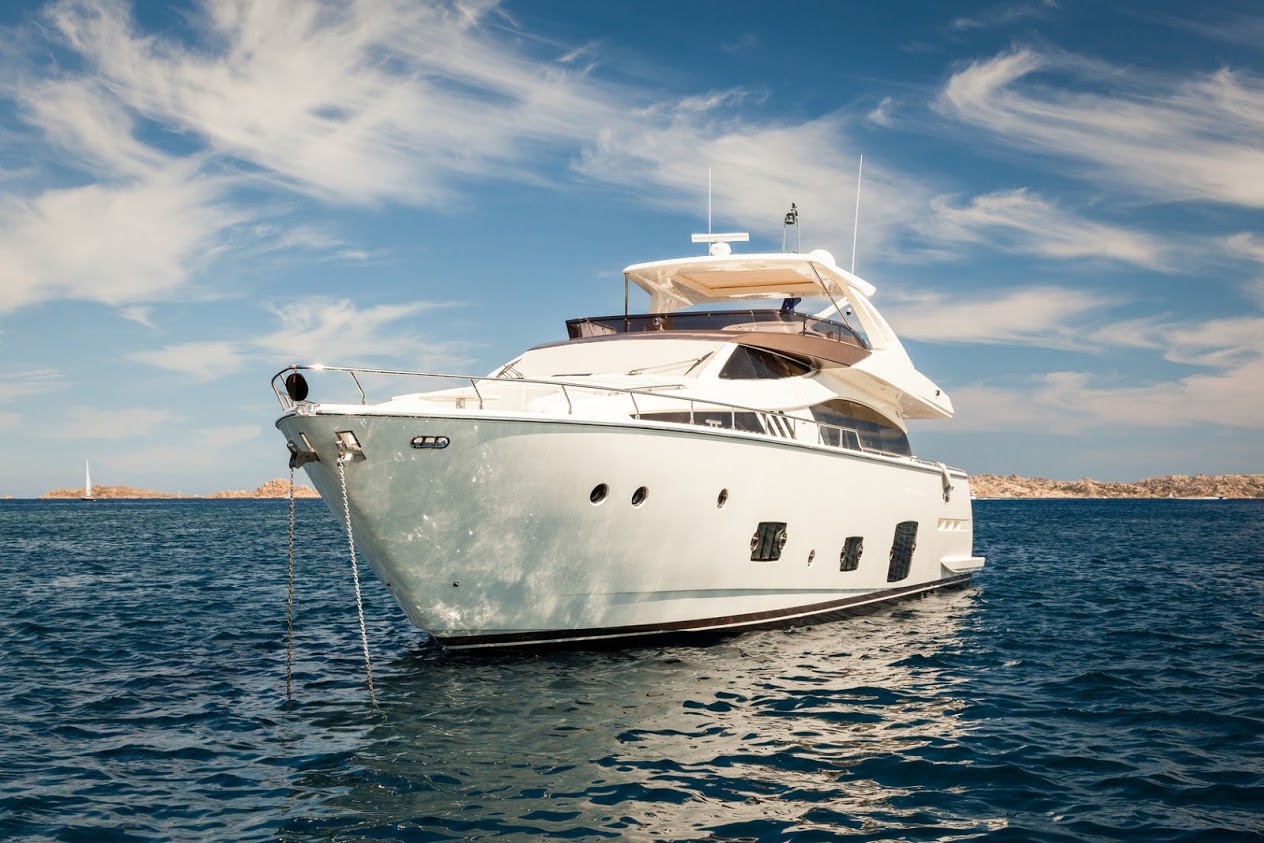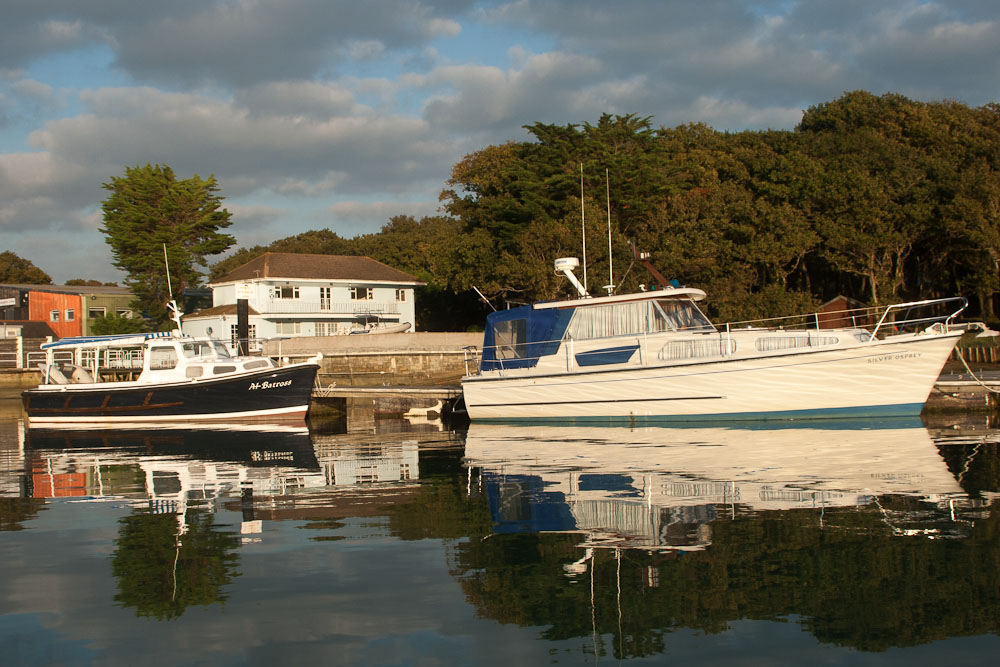If you’re unsure of committing to the costs of your own boat, or unable to spend as much time on the water as you would like, sharing may be the ideal solution.
Even on the sunniest of weekends, an incredible number of boats lie idle around the British coast. Busy lives and a myriad of conflicting interests conspire to keep sailors away from their boats, making their cost per use far higher than any would like to admit.
So it’s not surprising more people are turning to a variety of ways to minimise the expense of boat ownership. From basic partnerships with friends and private syndicates to fractional ownership and boat share membership schemes, the wealth of options mean there’s bound to be a solution to suit you.
By splitting the costs, sailors are often able to enjoy the use of a larger boat than they would be able to afford alone, and keep it in a better marina berth or mooring. And, if you’re prepared to spend a little more, it’s possible to opt for a professionally-managed syndicate where all you have to do is pay your bills and turn up to sail.
Sharing also provides great value for those who enjoy sailing and chartering abroad, with part-ownership often available for little more than a few weeks’ charter hire.
Sharing with family and friends
Keeping a boat jointly with family members of friends is one of the easiest ways to make boating more affordable. Knowing each other well means it is easy to be flexible about who uses the boat when. And, if she’s large enough, you may be able to enjoy it together as well as on the dates you have set for personal use.
However, although some choose to keep agreements informal, many find setting their terms out on paper to formally sign; means everything is clear cut and less likely to cause disputes. If you need an outline agreement, one is available free of charge to RYA members on their website and can prove well worth the association’s £45 joining fee.
Private syndicates
While many would prefer to share a boat with those they know well, others find it easier to join a syndicate without knowing the other members, keeping the finances involved more impersonal so friendships and family bonds are not strained by disputes over unexpected costs.
This sort of syndicate tends to have a relatively small number of members, often around five, who usually get together for an annual meeting to discuss the boat’s upkeep and management, and compile a rota of use. It’s important to look at how the time use is split and find out how popular the periods you are most likely to want to use the boat will be.
Before buying in, make sure you fully investigate the costs incurred by the syndicate in previous years, beyond the basic annual fee, as well as any large outlays that may be required in the future, such as replacing soft furnishings, sails or an engine. Also, be sure to discuss what happens if any member damages the boat and what happens when you wish to resell.
Fractional Ownership Companies or Managed Boat Share Syndicates
Taking syndicates to a professional level, this sort of scheme provides full management and can take care of every aspect of boat ownership from maintenance, berthing, launch, recovery, cleaning and insurance. With this sort of arrangement there will be no need to meet up for joint maintenance tasks and it’s not your problem if another of the shareholders doesn’t pay their way.
There may be a much greater number of owners than in a private syndicate and a common split of twelve gives each shareholder four weeks of use. Although it’s often possible to swap the weeks you are scheduled for with others, you can’t change the fact you may receive the one week in summer when it rains continuously, so a smaller number of owners with a greater time allocation may be worth considering.
Companies operating in this field include RIB Shack Marine which is currently advertising a 25% share in a 6m RIB for £11,995 plus a monthly management fee.
Boat Share Membership Schemes
A great way to dip your toes in the water and see if ownership may be for you, boat share membership schemes allow you to regularly sail by paying a monthly fee without buying a share of the vessel. This can be a remarkably cost effective way of getting afloat on a regular basis with the added advantage of knowing all expenses are included and the cost spread with monthly payments.
Companies like FlexiSail and Pure Latitude offer a range of membership packages which vary in price depending on how much you wish to use the boat at weekends or in the week and the size of boat you want. Some firms also offer discounted use of Med-based boats to members signed up to use their UK fleet.
Boat Shares abroad
For those who don’t have sufficient time to justify keeping their own yacht abroad, this is a great way to get out and enjoy exploring foreign destinations, with warm waters and more reliable climates than the UK. For those who regularly charter abroad, this may be the logical next step as the outlay for a boat share and its annual maintenance will often be less than three years rental costs.

But be sure to find the right syndicate for you. If you have school-aged children and there are others in the group in a similar position, you may all want to use the boat in the school summer holiday, while other boat syndicates may have more childless or older couples who prefer not to use the boat in the hottest and busiest peak summer months.
In addition to the usual maintenance costs, be sure to investigate the marina where the boat is kept, the scope of potential cruising destinations and the likely costs of flights and travel to the boat.
A Beneteau Oceanis 38.1 share in Hamble for £16,026
and
A ¼ share of a Fairline Squadron in Mallorca asking for £80,000
Charter Purchase Schemes
Yet another way to reduce the costs of boat ownership, charter purchase allows you to buy a boat and lease it back to the charter agent so you benefit from rental income when not using it yourself. There are also schemes which let you buy a majority share of the boat rather than full ownership while also letting it out through a charter company. One disadvantage of this type of scheme is that it can be more difficult to ensure those renting it look after the boat in the way you would wish, although the charter company would be responsible for maintaining it and putting right any damage.
View all share opportunities here




